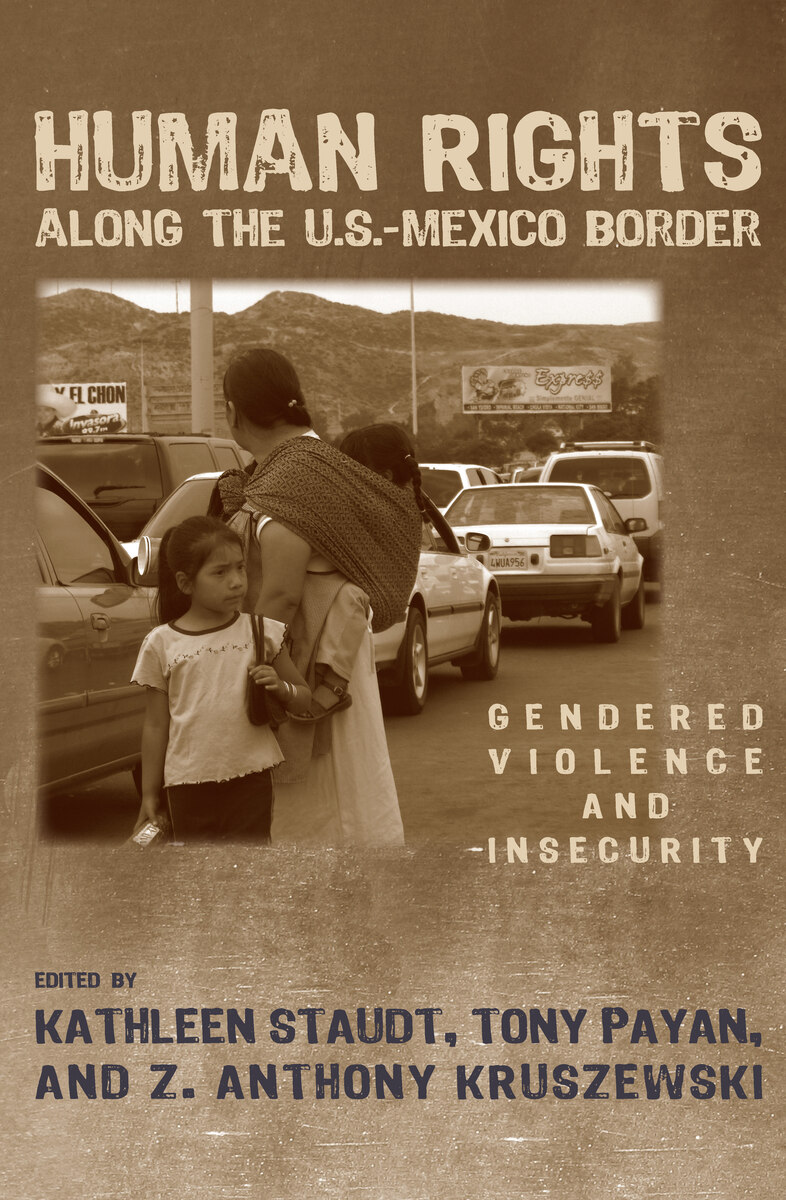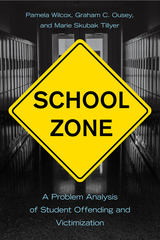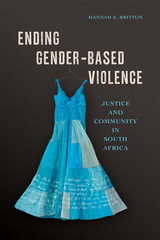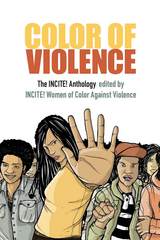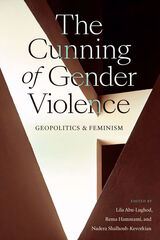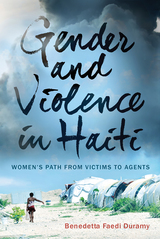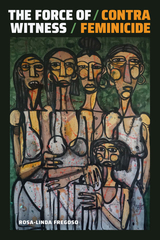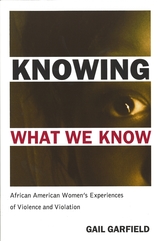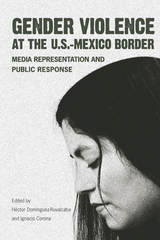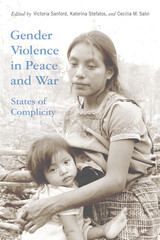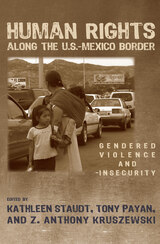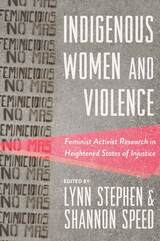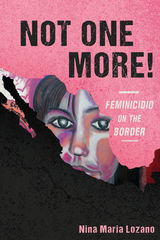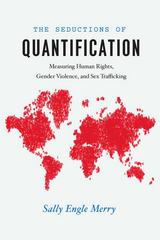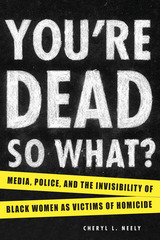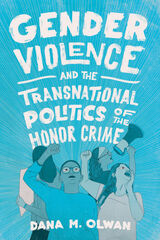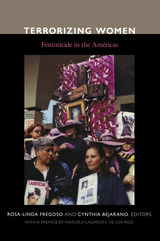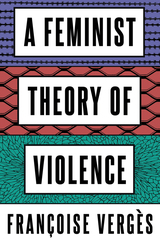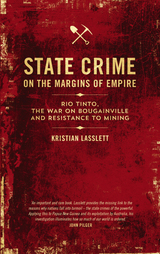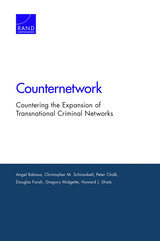Human Rights along the U.S.–Mexico Border: Gendered Violence and Insecurity
University of Arizona Press, 2009
Cloth: 978-0-8165-2805-9 | Paper: 978-0-8165-2872-1 | eISBN: 978-0-8165-4838-5 (standard)
Library of Congress Classification HV6250.4.W65H85 2009
Dewey Decimal Classification 303.609721
Cloth: 978-0-8165-2805-9 | Paper: 978-0-8165-2872-1 | eISBN: 978-0-8165-4838-5 (standard)
Library of Congress Classification HV6250.4.W65H85 2009
Dewey Decimal Classification 303.609721
ABOUT THIS BOOK | REVIEWS | TOC
ABOUT THIS BOOK
Much political oratory has been devoted to safeguarding America’s boundary with Mexico, but policies that militarize the border and criminalize immigrants have overshadowed the region’s widespread violence against women, the increase in crossing deaths, and the lingering poverty that spurs people to set out on dangerous northward treks. This book addresses those concerns by focusing on gender-based violence, security, and human rights from the perspective of women who live with both violence and poverty.
From the Pacific to the Gulf of Mexico, scholars from both sides of the 2,000-mile border reflect expertise in disciplines ranging from international relations to criminal justice, conveying a more complex picture of the region than that presented in other studies.
Initial chapters offer an overview of routine sexual assaults on women migrants, the harassment of Central American immigrants at the hands of authorities and residents, corruption and counterfeiting along the border, and near-death experiences of border crossers. Subsequent chapters then connect analysis with solutions in the form of institutional change, social movement activism, policy reform, and the spread of international norms that respect human rights as well as good governance.
These chapters show how all facets of the border situation—globalization, NAFTA, economic inequality, organized crime, political corruption, rampant patriarchy—promote gendered violence and other expressions of hyper-masculinity. They also show that U.S. immigration policy exacerbates the problems of border violence—in marked contrast to the border policies of European countries.
By focusing on women’s everyday experiences in order to understand human security issues, these contributions offer broad-based alternative approaches and solutions that address everyday violence and inattention to public safety, inequalities, poverty, and human rights. And by presenting a social and democratic international feminist framework to address these issues, they offer the opportunity to transform today’s security debate in constructive ways.
From the Pacific to the Gulf of Mexico, scholars from both sides of the 2,000-mile border reflect expertise in disciplines ranging from international relations to criminal justice, conveying a more complex picture of the region than that presented in other studies.
Initial chapters offer an overview of routine sexual assaults on women migrants, the harassment of Central American immigrants at the hands of authorities and residents, corruption and counterfeiting along the border, and near-death experiences of border crossers. Subsequent chapters then connect analysis with solutions in the form of institutional change, social movement activism, policy reform, and the spread of international norms that respect human rights as well as good governance.
These chapters show how all facets of the border situation—globalization, NAFTA, economic inequality, organized crime, political corruption, rampant patriarchy—promote gendered violence and other expressions of hyper-masculinity. They also show that U.S. immigration policy exacerbates the problems of border violence—in marked contrast to the border policies of European countries.
By focusing on women’s everyday experiences in order to understand human security issues, these contributions offer broad-based alternative approaches and solutions that address everyday violence and inattention to public safety, inequalities, poverty, and human rights. And by presenting a social and democratic international feminist framework to address these issues, they offer the opportunity to transform today’s security debate in constructive ways.
See other books on: Crime | Human rights | Mexican-American Border Region | Poor women | Violence against
See other titles from University of Arizona Press
